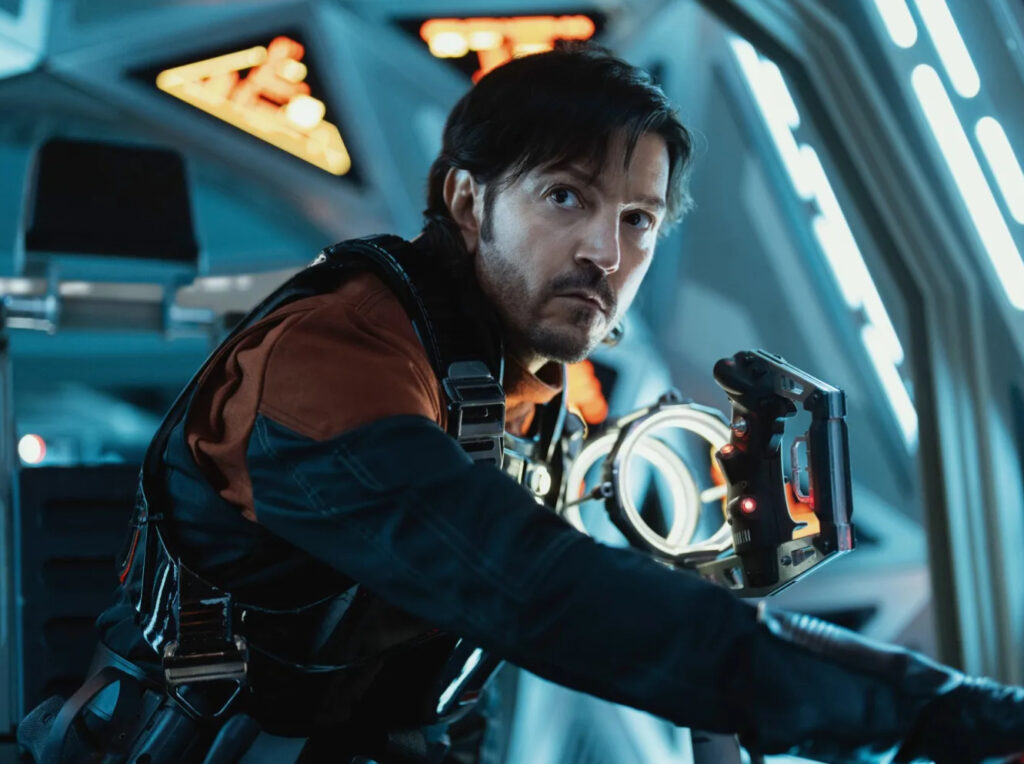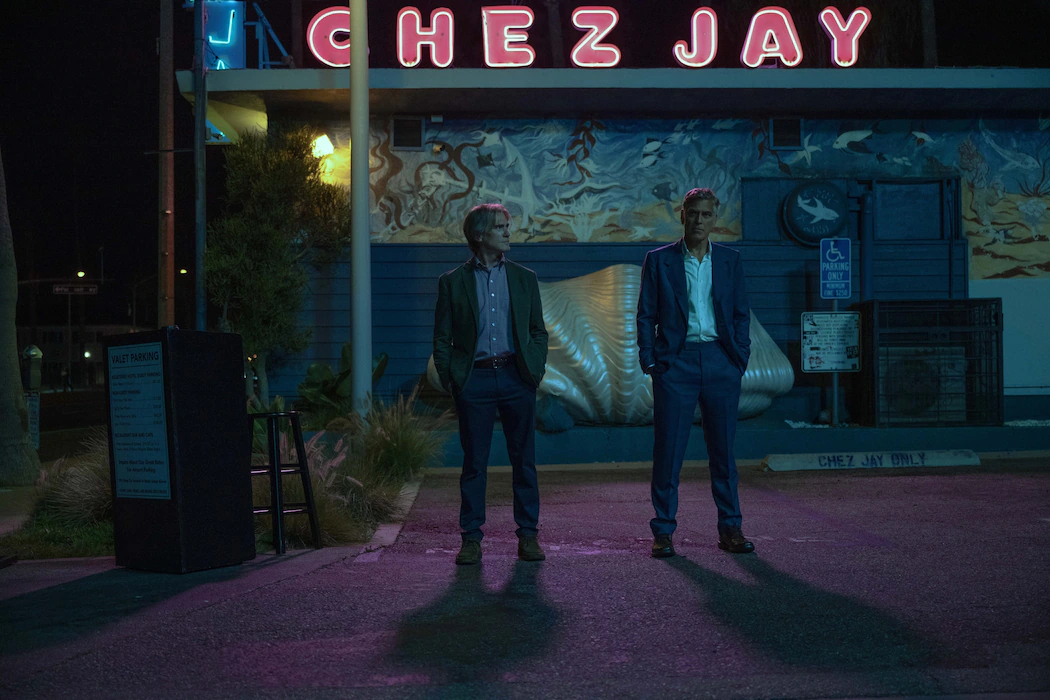Disney’s Andor isn’t just the most gripping installment of the Star Wars saga—it’s the most politically urgent work of televised fiction in 2025. In an age marked by rising authoritarianism, mass surveillance, and revolutionary fervor, Tony Gilroy’s creation doesn’t offer escape. It offers confrontation.
As global unrest intensifies—marked by state crackdowns on dissent, labor revolts, and the weaponization of technology—Andor emerges as something far more potent than prestige TV. It’s a living document of resistance. A warning. A blueprint. And above all, a call to act.
It’s Not Fantasy. It’s Reflection.
Andor dismantles the mythology of Star Wars as escapist fantasy. There are no Jedi here. No destiny. No chosen ones. Instead, the show exposes how empires are built—not through spectacle, but through systems:
- Bureaucratic cruelty: Arbitrary sentencing, forced labor camps, surveillance files labeled “compliance.”
- Corporate complicity: The Empire’s infrastructure is outsourced, privatized, and profit-driven—fueled by exploitative labor and silent partnerships.
- The banality of evil: Boardroom scenes where bureaucrats calmly debate budgets while entire planets are crushed beneath their boots.
“The Empire is a machine, and machines don’t feel.” – Dedra Meero
The narrative’s time-jump structure, juxtaposing Cassian Andor’s personal radicalization with the fractured emergence of the Rebellion, resonates with real-world uprisings:
- Black Lives Matter
- Iran’s Woman, Life, Freedom movement
- The global Free Palestine protests
The Most Politically Radical Star Wars Has Ever Been
A Series About Labor
Season 1’s harrowing Narkina 5 prison arc exposed the dehumanization of labor under totalitarian capitalism. But Andor goes further in Season 2:
- Strikes erupt across dockworker guilds on Coruscant, openly referencing global labor struggles and union resurgence.
- Scenes of exhaustion, coercion, and silent solidarity among workers recall the energy of Amazon walkouts and rail worker negotiations.
A Series About Sacrifice
- Luthen Rael’s confession—“I burn my life to create a sunrise I’ll never see”—could’ve been spoken by any number of freedom fighters: Mandela, Guevara, Angela Davis.
- Nemik’s manifesto, read over the haunting visuals of revolt, has already surfaced as graffiti and slogans at real-world protests.
A Series About Surveillance
The Internal Security Bureau (ISB) doesn’t just represent evil—they reflect our world back at us.
- Their use of predictive policing algorithms, biometric tracking, and informant networks recalls China’s social credit system and American facial recognition programs like Clearview AI.
The Anatomy of a Rebellion
Where other Star Wars stories romanticize revolution, Andor interrogates it:
- Disunity: The Rebellion isn’t a single force—it’s a friction-filled collision of anarchists, spies, idealists, and opportunists.
- Moral compromise: What does it mean to kill for freedom? When is sabotage justified? Can violence stay righteous?
- Personal cost: These aren’t mythical heroes—they’re traumatized people risking everything with no guarantee of survival.
And yet, amid the compromise and chaos, Andor dares to hold onto one radical idea:
“Freedom is a pure idea. It occurs spontaneously, without instruction.” — Nemik
In doing so, it honors not just historical resistance movements—but the deeply human instinct to rebel.
2025 Needs Andor
This year isn’t science fiction. It’s reality.
- In France and the U.K., protests are criminalized.
- In the U.S., activists are tracked, blacklisted, and prosecuted.
- In Gaza, cameras record what the world chooses to ignore.
And in the background: governments adopt AI-driven surveillance tools, social media is weaponized to suppress dissent, and the line between democracy and despotism blurs.
That’s why Andor matters. It doesn’t give us answers—but it gives us language. A way to name the forces pressing down on us. A map of how resistance forms, fractures, and—despite it all—flares.
“That’s what a reckoning sounds like.” — Cassian Andor
Impression
Andor is the kind of art that lives beyond the screen. It refuses the comfort of nostalgia and dares to ask dangerous questions. What does it take to dismantle an empire? Who gets left behind? And is hope still possible, even when the odds feel terminal?
No comments yet.








